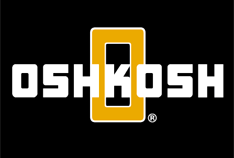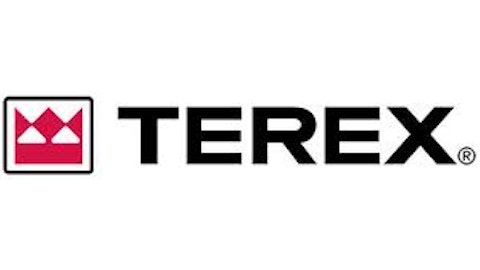With the construction industry regaining its health and helping create demand for its downstream and upstream businesses, Oshkosh Corporation (NYSE:OSK) has certainly had a good start this year. Finally, this global leader in access equipment and other specialty vehicles is on the mend after shares hit rock bottom amid the campaign of its major shareholder Carl Icahn to gain control of the company last year.
In December the 76-year-old billionaire-shareholder scrapped his takeover plans, as his $32.50 per share offer generated tenders of only 22% out of the 25% threshold Icahn needed to install 13 directors on the Oshkosh board. Previous to the tender offer, he also failed to have his six candidates seated on the company’s board during the company’s annual meeting in January 2012. Icahn’s tender offer has been viewed by Oshkosh top executives and several Wall Street watchers as undervaluing the company. Notably, OSK hit a 52-week low of $15.76 in September last year, prior to the Icahn tender offer announced in October.

Icahn’s beef against the current Oshkosh management was its $3.2 billion purchase of JLG Industries, a company selling construction-access equipment such as lifts and booms, in 2006. JLG’s sales spiralled downward by nearly 70% along with the collapse of the US construction industry during the Great Recession. Icahn had argued that this business should be sold. The recent upturn of the building industry, however, puts Oshkosh in a position to profit from the opportunities available in the construction sector.
Besides, whatever doubts that Icahn may have on the incumbent Oshkosh management’s capability to run the company profitably have been dashed lately with the company reporting robust growth in its fiscal first quarter earnings. This January, the company, which also makes specialty trucks, reported that its earnings for the quarter grew by 20% on account of lower input costs, which negated the soft performance of its defense segment. These results easily topped expectations, prompting the company to raise its earnings forecast for its fiscal year to an adjusted per-share earnings of between $2.80 and $3.05, up from its earlier forecast of $2.35 and $2.60.
Tracking Shifts in Management Leadership
Terex Corporation (NYSE:TEX) is one company to track in Oshkosh’s industry sector as to how some recent senior leadership changes will affect the bottom line. Among other top executive movements, the current president of the company’s Terex Cranes unit, Phil Widman, has been appointed as Terex SVP and chief financial officer. These key management changes involve most of the company’s operations in the manufacture of a wide range of industrial equipment, including those used by construction companies.
Signs of recovery in non-residential construction prompted some stock analysts to upgrade their recent rating on Terex from underperform to neutral; other ratings of late include a hold based on the company’s revenue growth and good operating cash flow, which were tempered by unimpressive earnings growth and poor profit margins. It is also significant to note that Terex shares hit a new 52-week high of $33.52 just this Feb. 8.




